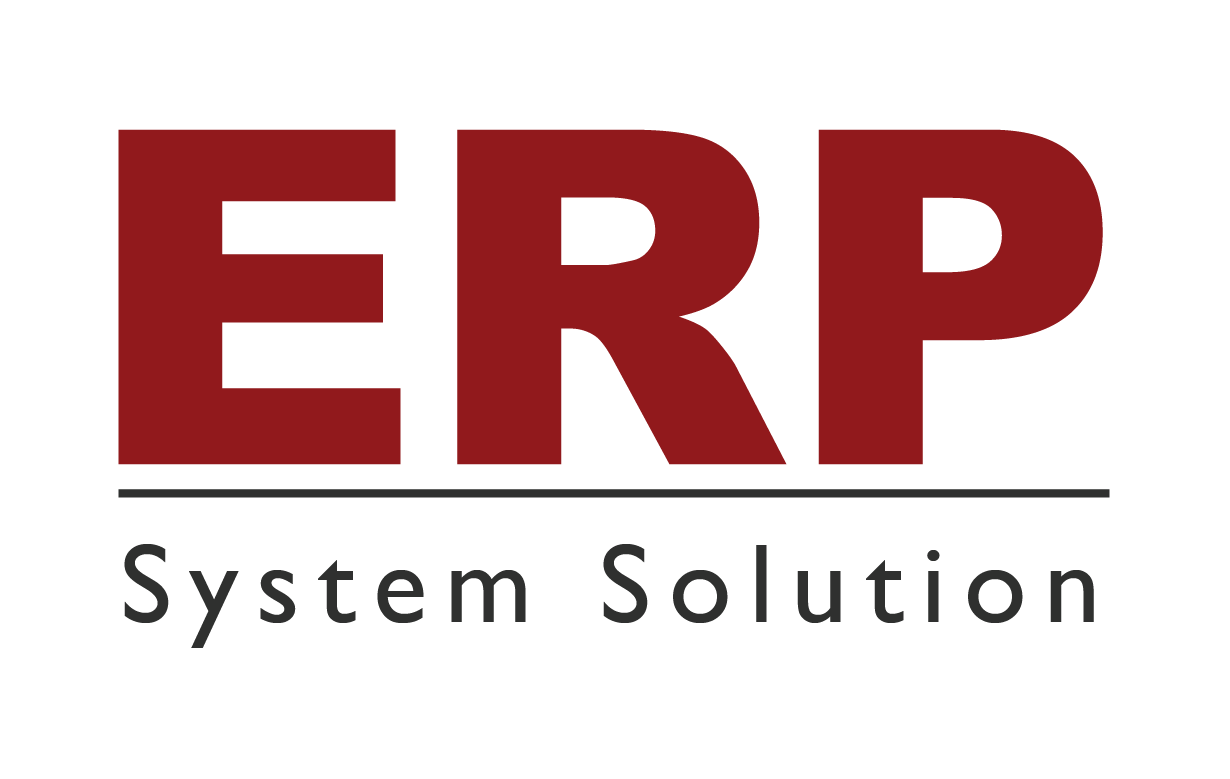Mastering E-commerce Integration: Tips and Best Practices
Nov 11, 2023 / E-commerce Integration

E-commerce integration refers to connecting your online store with other business systems like inventory management, order processing, payments, and more. Proper integration creates a seamless experience for customers and streamlines operations for businesses. In this post, we’ll explore some best practices for mastering e-commerce integration.
Choosing the Right Platform for Your Needs
Selecting the right e-commerce platform is key to setting up solid integrations. Leading options like Shopify, BigCommerce, and WooCommerce offer robust integration capabilities. However, you need to ensure the platform works smoothly with any other tools you use for enterprise resource planning (ERP), accounting, etc.
For example, if you use NetSuite ERP, Shopify may be a better pick than BigCommerce based on integration support. Do your homework to pick a platform that connects current and future systems. Extensions and add-ons can also help connect platforms.
Leveraging the Power of Automation
Automating integrations between systems is crucial for smooth ecommerce operations. Automated syncing of orders, inventory, shipping details, and payments eliminates manual errors and delays. Solutions like Zapier make building automated workflows between platforms simple with easy drag-and-drop interfaces.
For instance, you can set up automation to update inventory counts in Shopify when a supplier reports a shipment in their system. Or when an order is placed, key details can sync over to your accounting software. Automation saves time and ensures accurate, real-time data across integrated systems.
Optimizing Inventory and Order Fulfillment
Keeping inventory synchronized across your ecommerce store, warehouse(s), and suppliers is imperative for efficient order fulfillment. Warehouse management systems like Fishbowl or NetSuite WMS provide centralized inventory tracking across locations.
Barcode scanning and RFID tracking make warehouse automation possible for faster processing. When inventory is updated in your WMS, set up integrations to sync those counts on your ecommerce storefront as well.
For actually fulfilling orders, integrate shipping carriers like UPS, FedEx, USPS into your system. This enables the automatic generation of shipping labels and tracking info when an order ships.
Enabling a Seamless Checkout Experience
The checkout process is the most critical part of the customer journey. Integrations with payment gateways like Stripe, Braintree, or PayPal are essential to making checkout seamless. Rather than redirecting customers offsite to pay, embedded payments using these gateways allow customers to checkout on your site.
Built-in fraud protection through solutions like 3D Secure adds security. Make sure to test payment integrations in sandbox environments thoroughly before launching. Debug any issues to ensure customers can securely checkout with ease.
Harnessing Data for Better Decision-Making
Centralized data is a key benefit of integration. With customer information, sales, inventory, and more flowing across systems, you gain enhanced visibility into your business. Leverage this data for identifying trends, monitoring marketing campaign performance, personalizing experiences, and making smarter decisions.
Business intelligence software like Google Analytics helps create reports and dashboards to view key e-commerce metrics. Establish clear data-sharing practices across teams and tools to maximize the value of your integrated datasets.
Integrating for E-commerce Success
To recap, choosing the ideal platforms then seamlessly integrating them through automation, optimized workflows, and data sharing delivers huge advantages. E-commerce integration powers more unified business operations and top-notch customer experiences. Assess your integration needs research options, and start implementing best practices. With the right foundations, your e-commerce venture can scale new heights!
Unlocking Efficiency: How ERP Solutions Are Transforming the FMCG Industry
The fast-moving consumer goods (FMCG) industry is all about speed, agility, and meeting consumer demands. With new products constantly hitting shelves and fierce competition, companies need to be firing on all cylinders to keep up. This is where enterprise resource planning (ERP) solutions become total game-changers for the sector. Let’s explore how these powerful systems revolutionize efficiency and success in the FMCG industry.
Visibility is Vital
Imagine overseeing a complex manufacturing operation, global supply chain, and widespread sales network, all while flying blind. That lack of visibility into your business processes would spell disaster in the fast-paced FMCG industry. ERP solutions flip the lights on by integrating data from across departments onto a single platform.
With an eagle-eye view of inventory, production, logistics, and more, companies can quickly spot potential hiccups and make smart decisions. Bottlenecks? Downtime? Stockouts? Not on an ERP system’s watch. The enhanced transparency and control enable enterprises to optimize operations, reduce costs, and satisfy customers.
Inventory Insights for Maximum Uptime
Nothing is worse than empty shelves when customers want to buy your products. ERP systems help avoid painful stockouts through smart inventory management tools. Sales data and demand forecasting features provide actionable insights to predict needs.
By monitoring stock levels in real-time and planning inventory intelligently, companies can ensure products are where they need to be when they need to be there. This prevents shortages without tying up excess capital in overflowing warehouses. ERP solutions empower businesses to achieve that sought-after retail nirvana – fully stocked shelves and happy customers.
Supply Chain Acceleration
Time to market is essential in the fast-moving consumer goods industry. With ERP, purchasing, production, and distribution can all be coordinated for maximum efficiency in the supply chain. So that there is always a supply of components or completed goods, inventory data might drive automatic reorder operations.
With end-to-end insight, companies can quickly find and fix shipment delays or network bottlenecks. For maximum productivity, ERP software allows for smart scheduling and routing. Ultimately, they allow FMCG companies to fulfil orders promptly and satisfy clients.
Production Line Improvements
Optimising production output is essential in the low-margin FMCG industry. ERP software helps to streamline production cycles by centralising product specifications, materials lists, and workflow information. Utilisation and output may be monitored in real time thanks to sensor data.
By analysing this information, businesses may better distribute their workforce, speed up their transitions, and minimise their stockpile gaps. What’s the result? Manufacturing that is leaner and meaner, increasing output and efficiency. To keep the factory running smoothly and to keep up with client demand, ERP solutions are crucial.
Improving the Quality of Life for Our Clients
It’s not easy to win customers over, and it’s just as simple to lose them in the fiercely competitive FMCG industry. Regarding customer connections, ERP systems are invaluable because they allow businesses to see the whole picture regarding buying habits, product reviews, and support requests.
This comprehensive information allows sales and marketing departments to create effective campaigns, fine-tune their pricing, and provide superior customer care. With ERP, organisations can stop treating customers like a number and start treating them like people. The capacity to surprise and retain customers is a powerful source of competitive advantage.
Data-Driven Decision Making
ERP systems have powerful business intelligence instruments for transforming data into knowledge. Excellent reporting and analytics help managers monitor progress, spot problems, and seize opportunities. Decisions can be made based on hard facts, including sales, costs, profitability, inventory levels, and more at every level of the organisation.
Leveraging data analytics is crucial for adaptability and steady growth in today’s volatile marketplaces. Executives can gain vital insight from ERP systems, allowing them to plot the best course for the company’s future.
Summing It Up
ERP systems are transforming the FMCG industry by facilitating streamlined collaboration, increasing productivity, and facilitating data-driven decisions. When speed and adaptability are paramount, integrated ERP platforms serve as a crucial digital backbone. These systems give FMCG businesses the insight, adaptability, and command they need to meet the needs of their customers, stay ahead of the competition, and prosper now and in the future.
About Us
We save your time, resources, and costs. Whether you need help with Outsourced Accounting, Finance, Tax, Employee Management & Payroll, or ERP & E-Commerce Integration. we have the expertise and solutions to help.
Subscribe to mailing list
About Us
Welcome to our ERP implementation and E-Commerce integration professionals in Dubai! With a strong commitment to company streamlining, we specialize in creating individualized, innovative solutions for businesses of all sizes. In order to guarantee the best functionality, effectiveness, and development, our committed staff has considerable experience in the establishment of ERP systems and smooth E-Commerce integration.
Our solutions are created to match your particular demands because we are aware of the special opportunities and challenges that the Dubai market presents. We are here to support your success, whether you want to scale your business, improve client experiences, or optimize your operations. Join us today to explore the future of business.
FOLLOW US
Copyright © 2022 | ERP & E-Commerce | All Rights Reserved.
